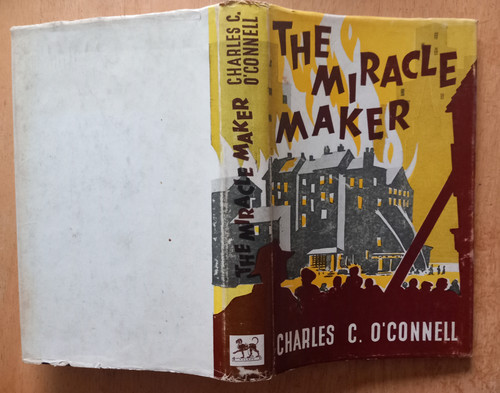Product Description
Mary Cogan Bromage (1906 – 1995) was an award-winning American author, academic, newspaper reporter, and teacher. She was born in Massachusetts, her father James Cogan was born in Co. Cork and emigrated during the 1880s). Mary was educated at Radcliffe College, Cambridge, MA, the all-female counterpart to Harvard University and married Arthur Watson Bromage (1904 – 1979) in 1928. Four years later Mary graduated summa cum laude from the University of Michigan, where Arthur was on the faculty, having written her masters thesis on medieval Irish history.
Mary and Arthur travelled widely and between 1936 and 1939 lived in Merrion Square, Dublin for periods of time during which their daughter Susanna was enrolled at the Loreto Convent, St. Stephen’s Green. The visits came about when Connecticut-born Arthur, a graduate of Wesleyan and Harvard Universities and a political scientist of renown at the University of Michigan, was researching the fledgling Irish State’s proportional representation election model and policies on social housing and local government administration. Mary and Arthur quickly built up a network of friends among them the city’s Lord Mayor Alfie Byrne, Fine Gael founder William T. Cosgrave, and notably, Éamon and Sinéad de Valera, with whom Mary and Arthur shared afternoon teas and conversation. In September 1939 the threat of impending war in Europe cut the Bromage’s Irish sojourn that year short and they and Susanna crossed the Atlantic en route for Ann Arbor, Michigan.
In the decades that followed Mary maintained her contacts to Ireland corresponding with the De Valeras and others including Frank Gallagher, former editor of The Irish Press, deputy director of Radio Éireann and later, director of the Government Information Bureau, who challenged the British Government's account of the conditions and treatment of Irish prisoners in Frongoch internment camp. Mary's conversations with Éamon de Valera inspired her to publish a biographical account of his role in the Rising, Civil War and establishment of the Irish Free State. Entitled De Valera and the March of a Nation (1956) the book was very successful with four reprint runs in Britain and the United States.
Hardcover first edition, Hutchinson UK, 1956, dust marking to the page block ends.
 Euro
Euro
 British Pound
British Pound
















